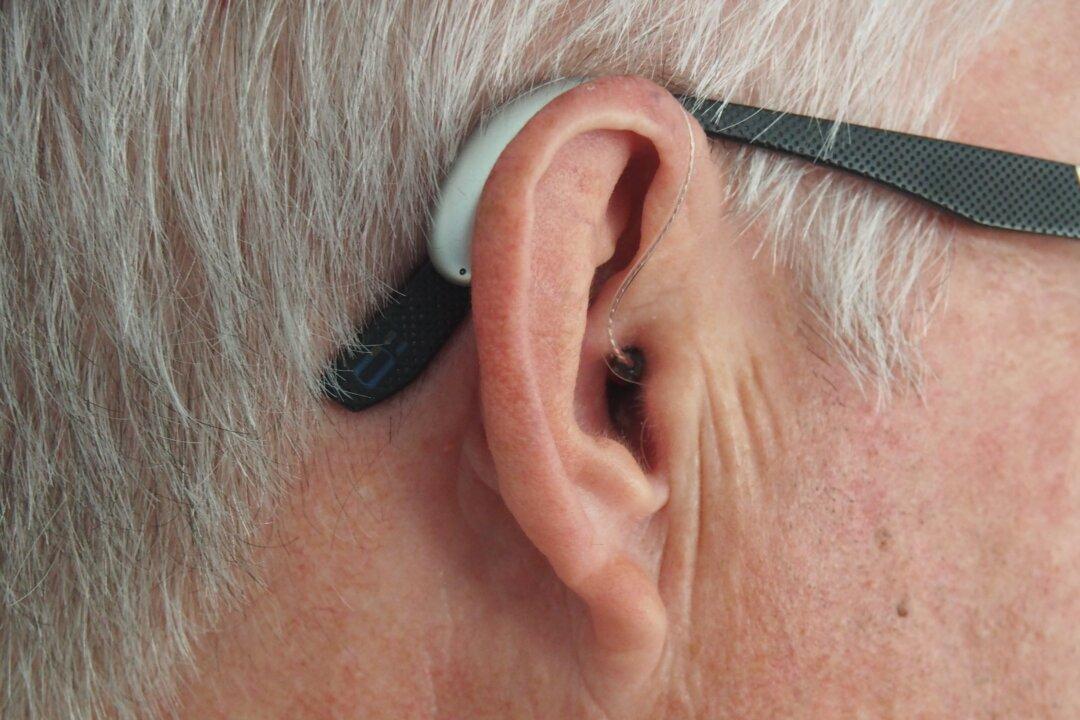MELBOURNE—Australian scientists are working on a new treatment that could potentially restore hearing for the millions of Australians who lose it within their lifetime.
Although one in six Australians experience hearing loss, there is no drug treatment currently available. This figure will is predicted to rise to one in four by 2050, with the main causes being working in noisy industries such as music, mining, construction, manufacturing, or the military, and age-related hearing loss.





